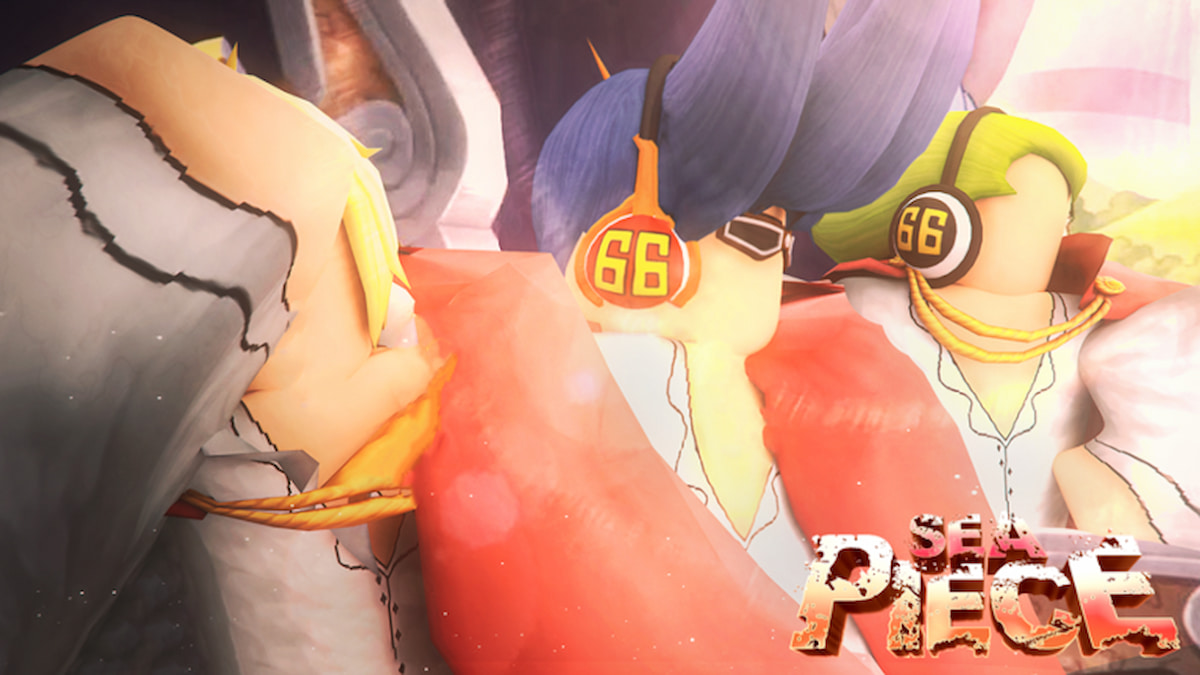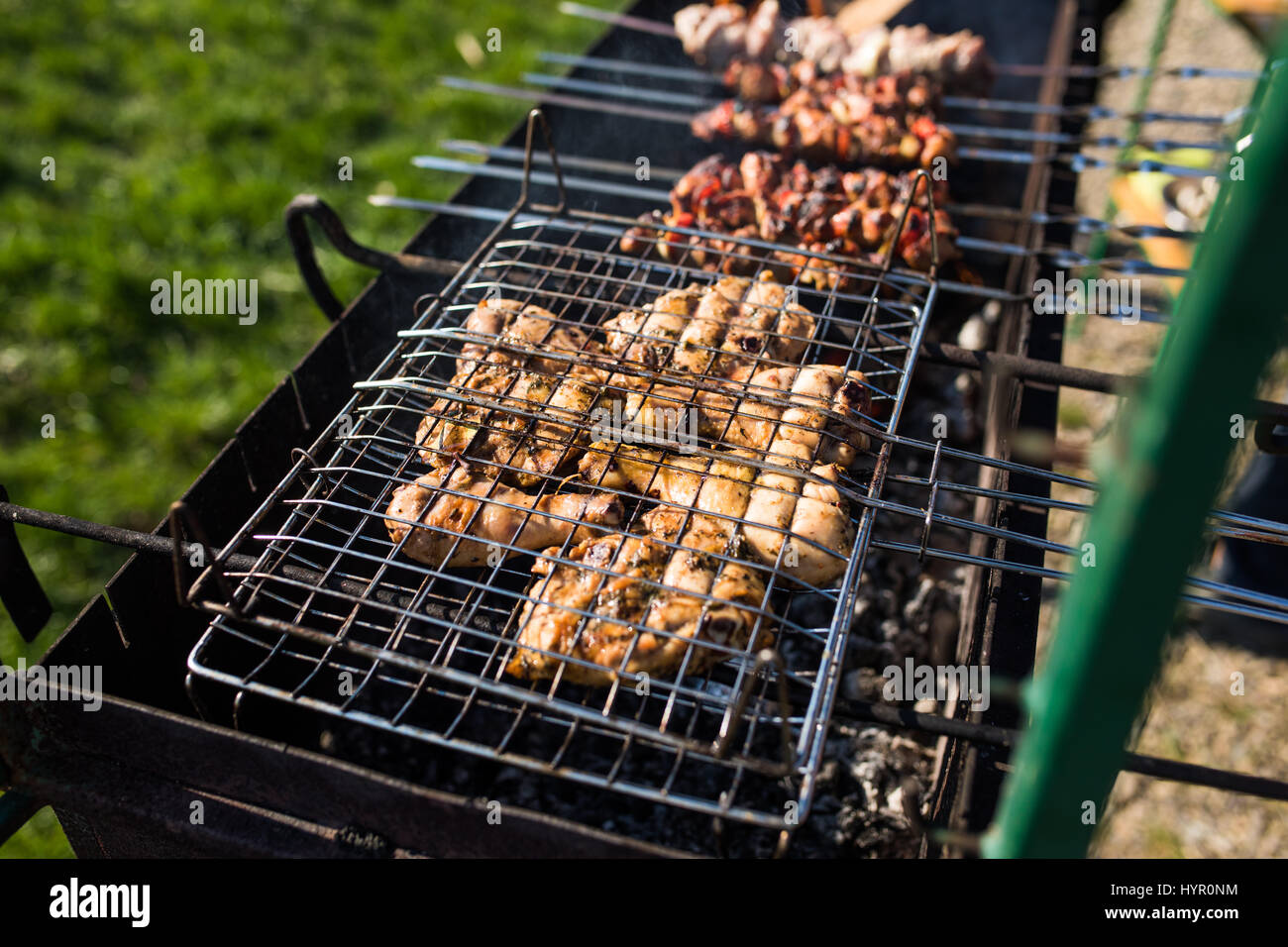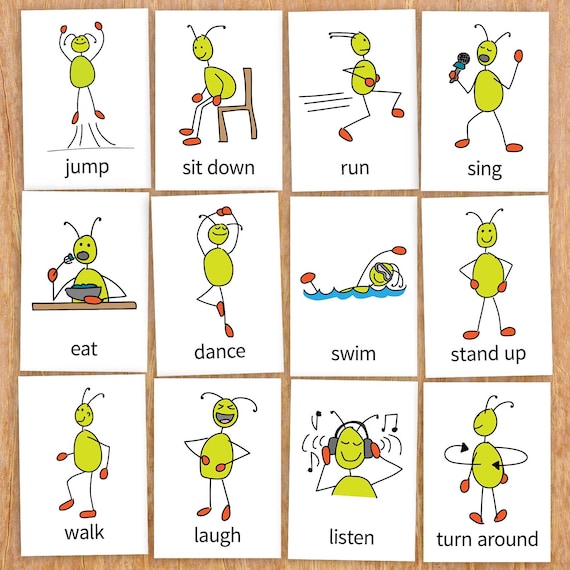Study: Most Of The Plastic Found In Seabirds' Stomachs Was Recycleable
Por um escritor misterioso
Descrição
In a study of great shearwaters, most of the plastic found in the birds was recyclable polyethylene. To the scientists, the preliminary results add to the growing pile of evidence that recycling is not the solution to our plastic pollution problem, and broader policy action is needed.
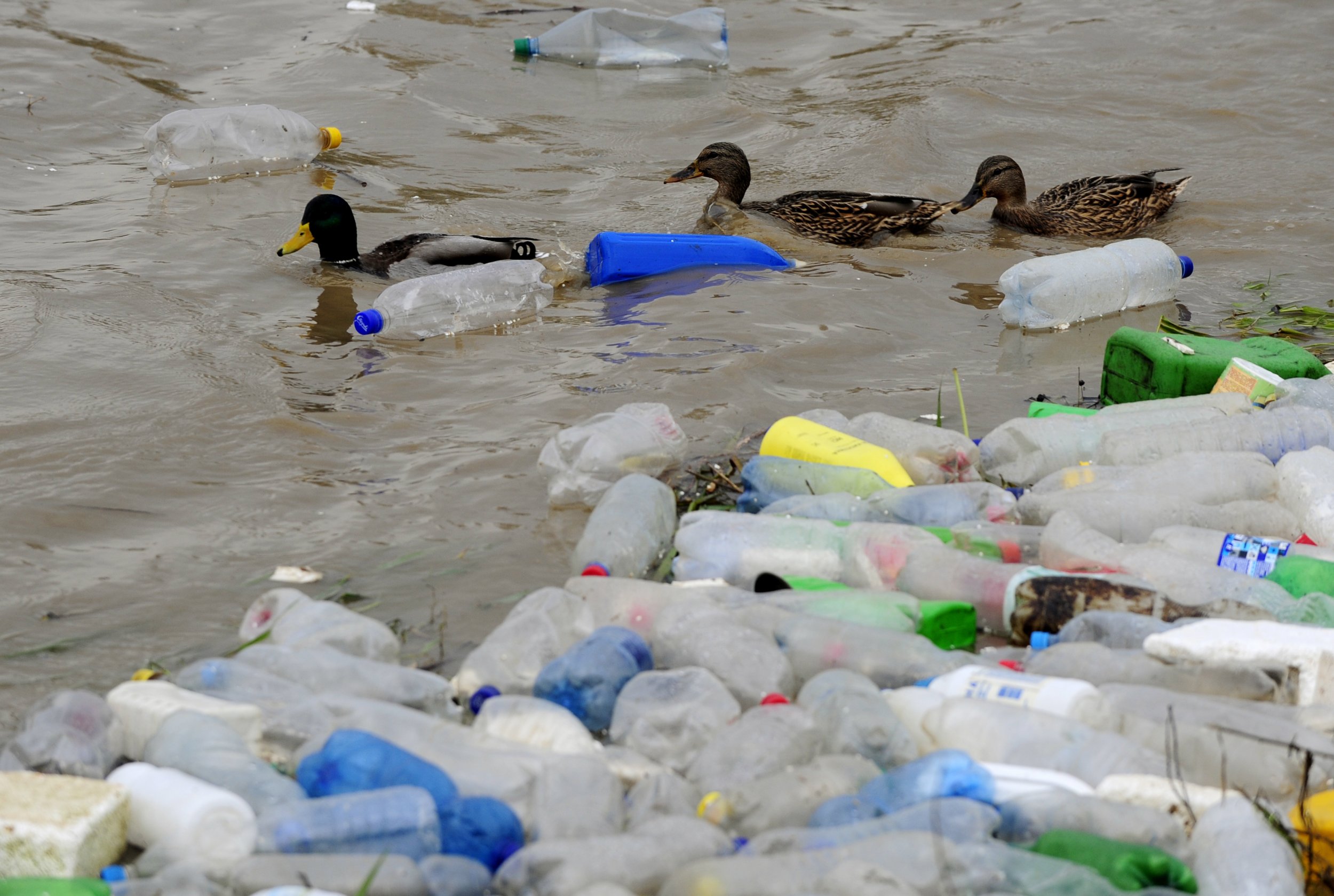
90 Percent of Seabirds Have Plastic in Their Stomachs
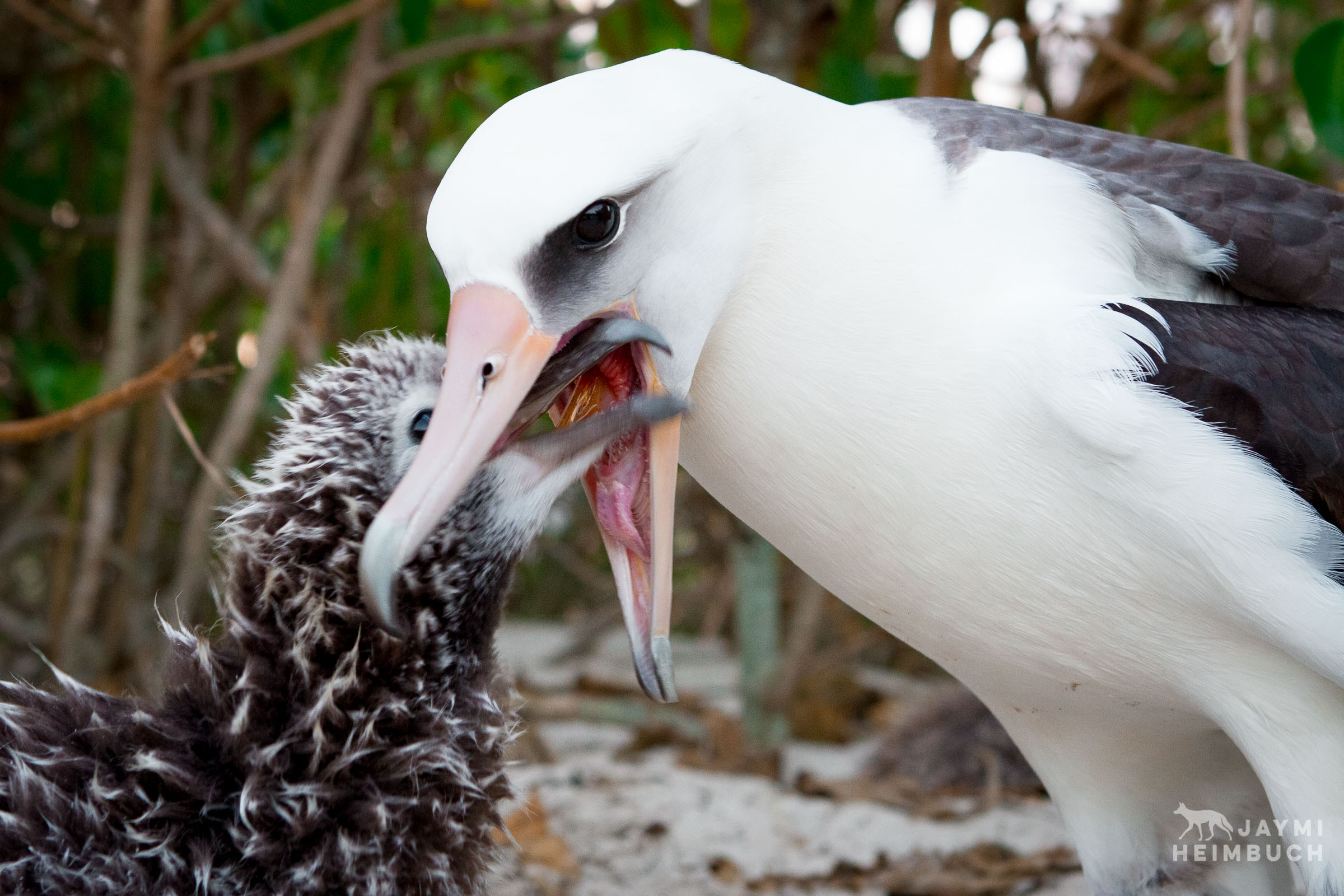
90 Percent Of Sea Birds Have Eaten Plastic! Here Are 9 Ways You Can Reduce Plastic Use Today

Effects of Plastic Ingestion on Marine Birds
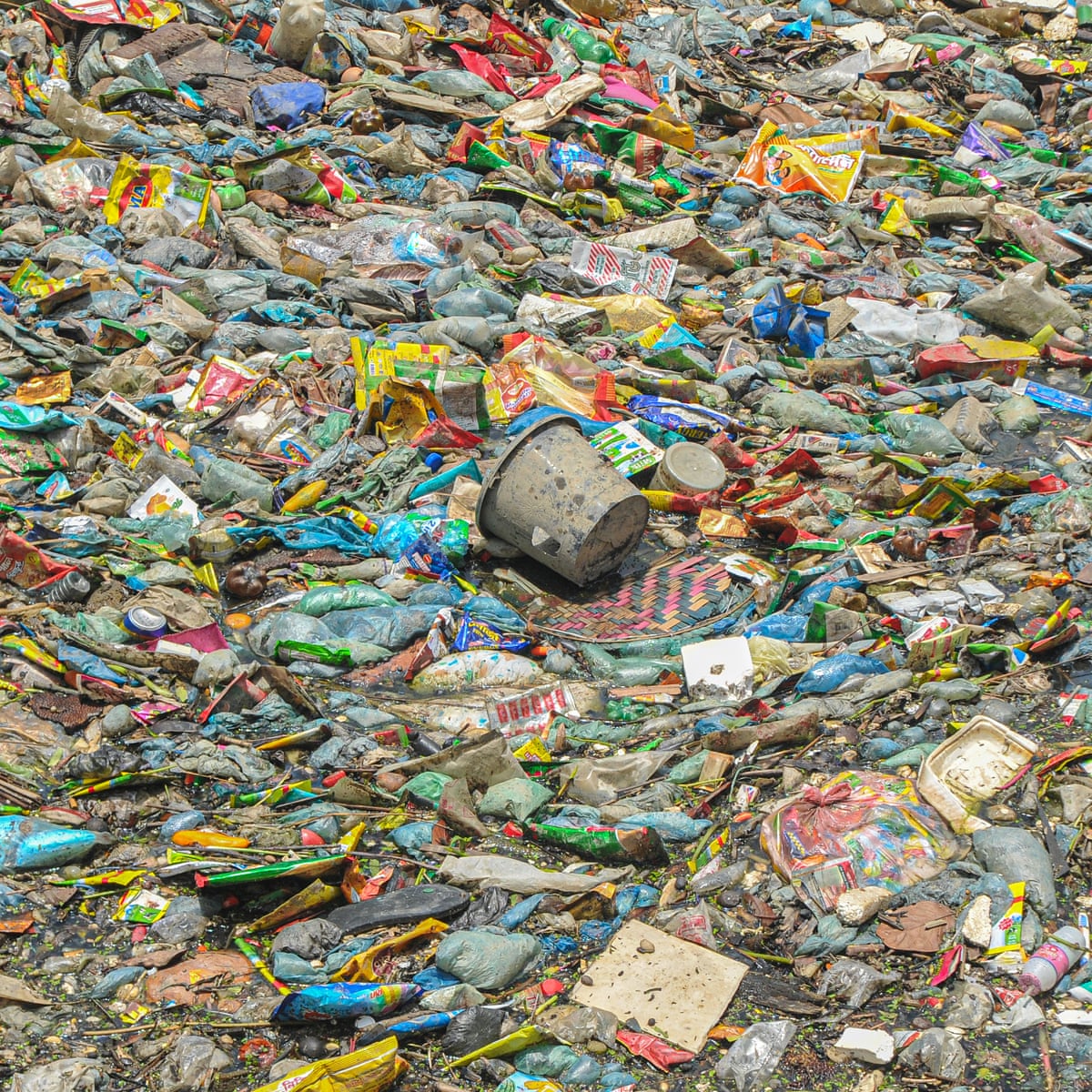
Plastic can take hundreds of years to break down – and we keep making more, Kim Heacox
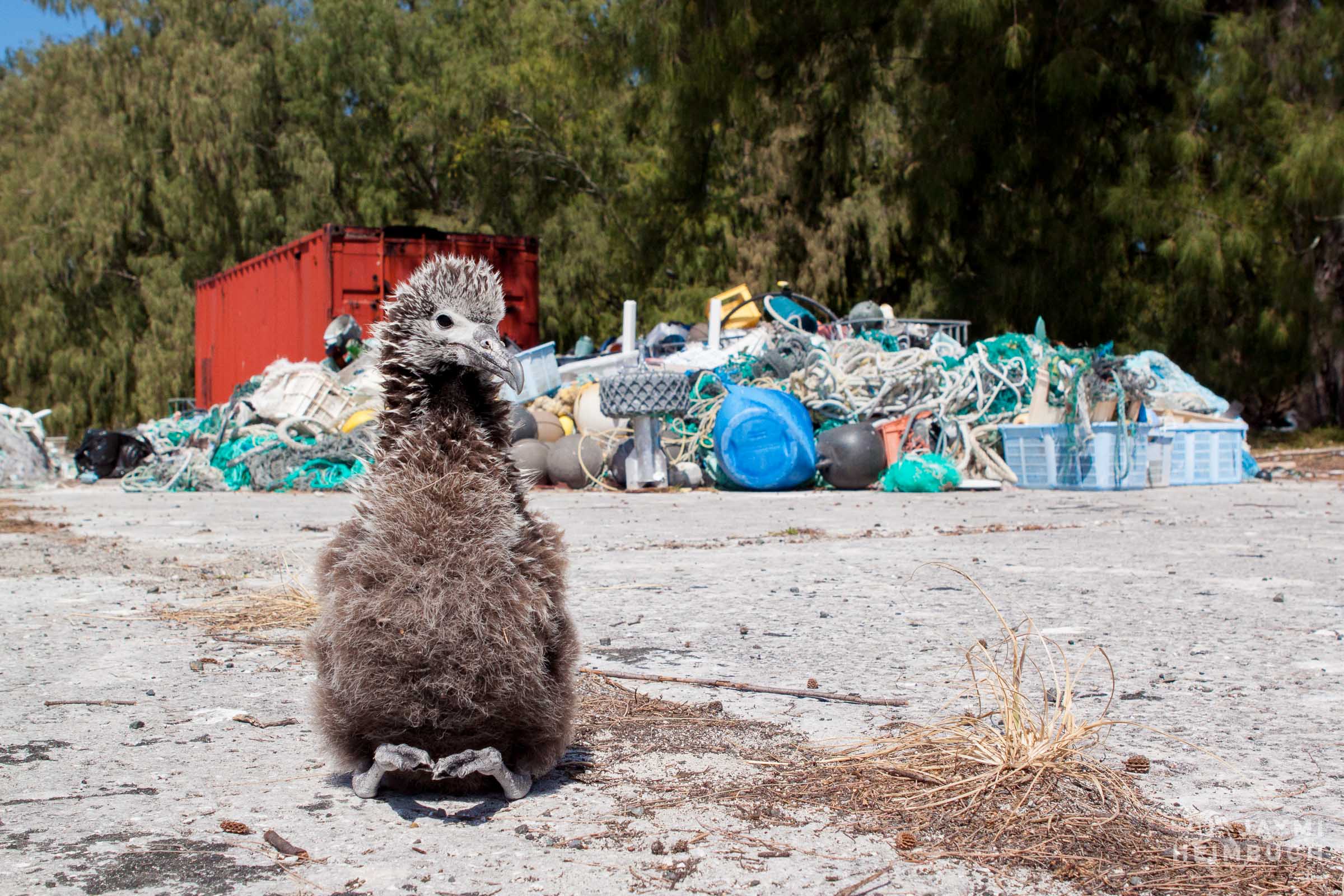
90 Percent Of Sea Birds Have Eaten Plastic! Here Are 9 Ways You Can Reduce Plastic Use Today
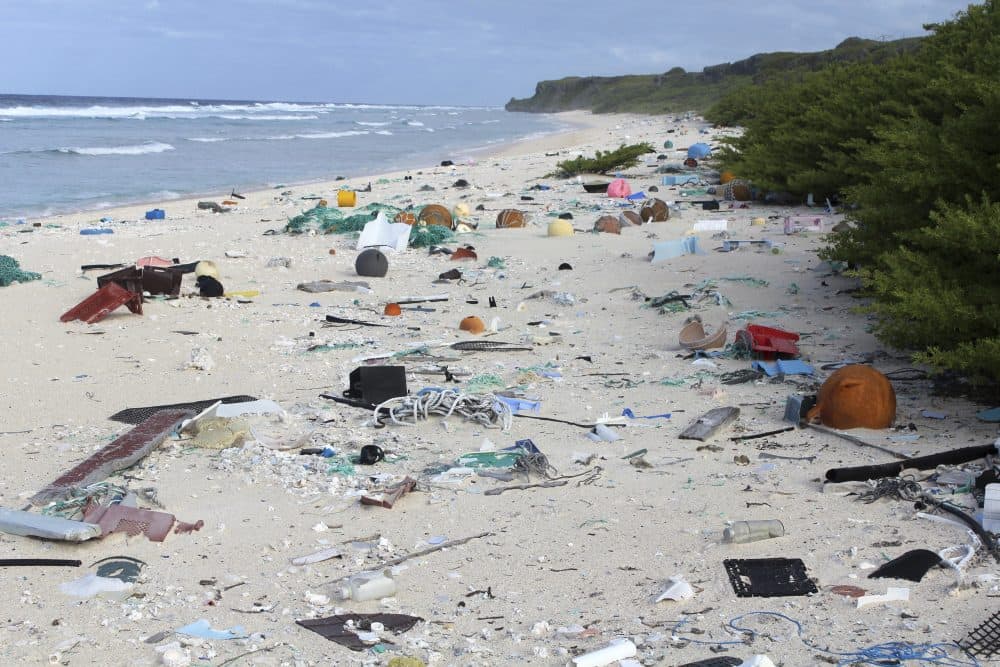
Study: Most Of The Plastic Found In Seabirds' Stomachs Was Recycleable
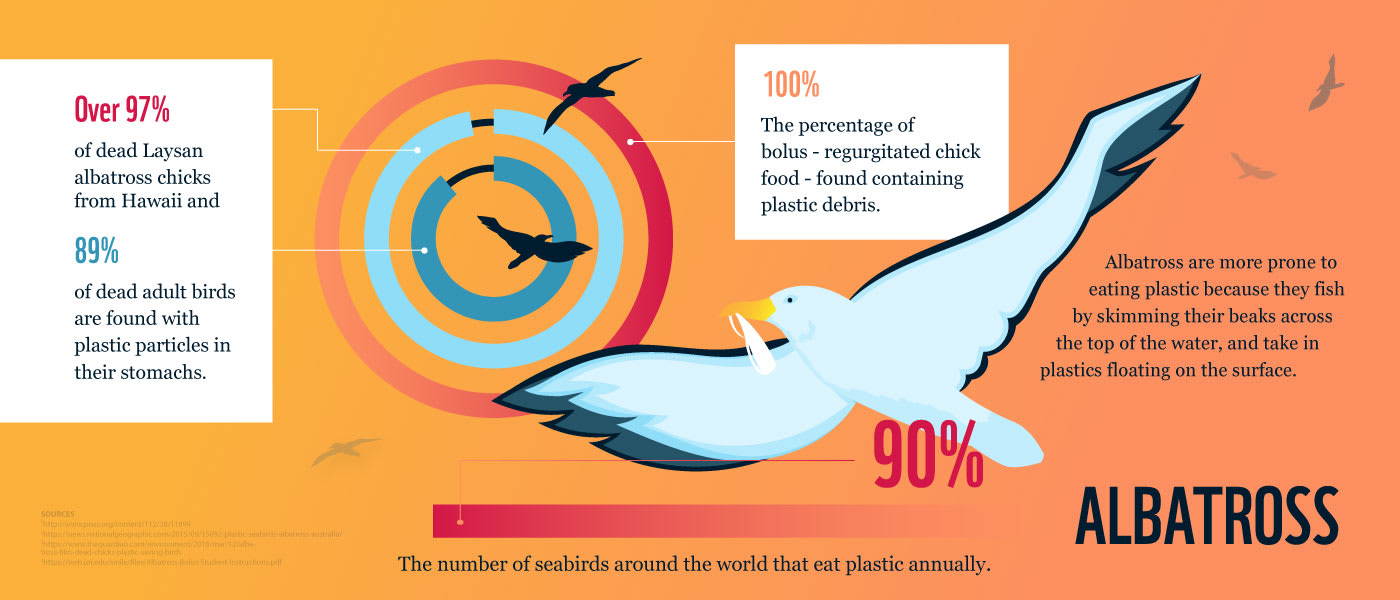
How many birds die from plastic pollution? – WWF-Australia, How many birds die from plastic pollution?
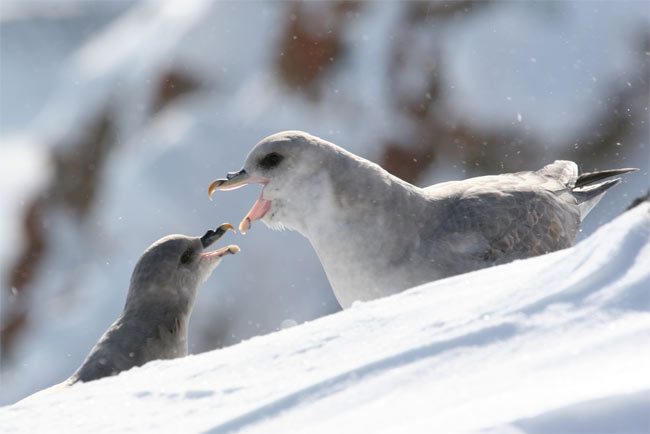
Plastic in Bird's Stomachs Reveals Ocean's Garbage Problem

World Migratory Bird Day: Birds Globally Threatened by Plastic Waste

Killed & injured by plastic pollution: individual animal stories - Surfers Against Sewage

Seabirds cannot survive on plastic
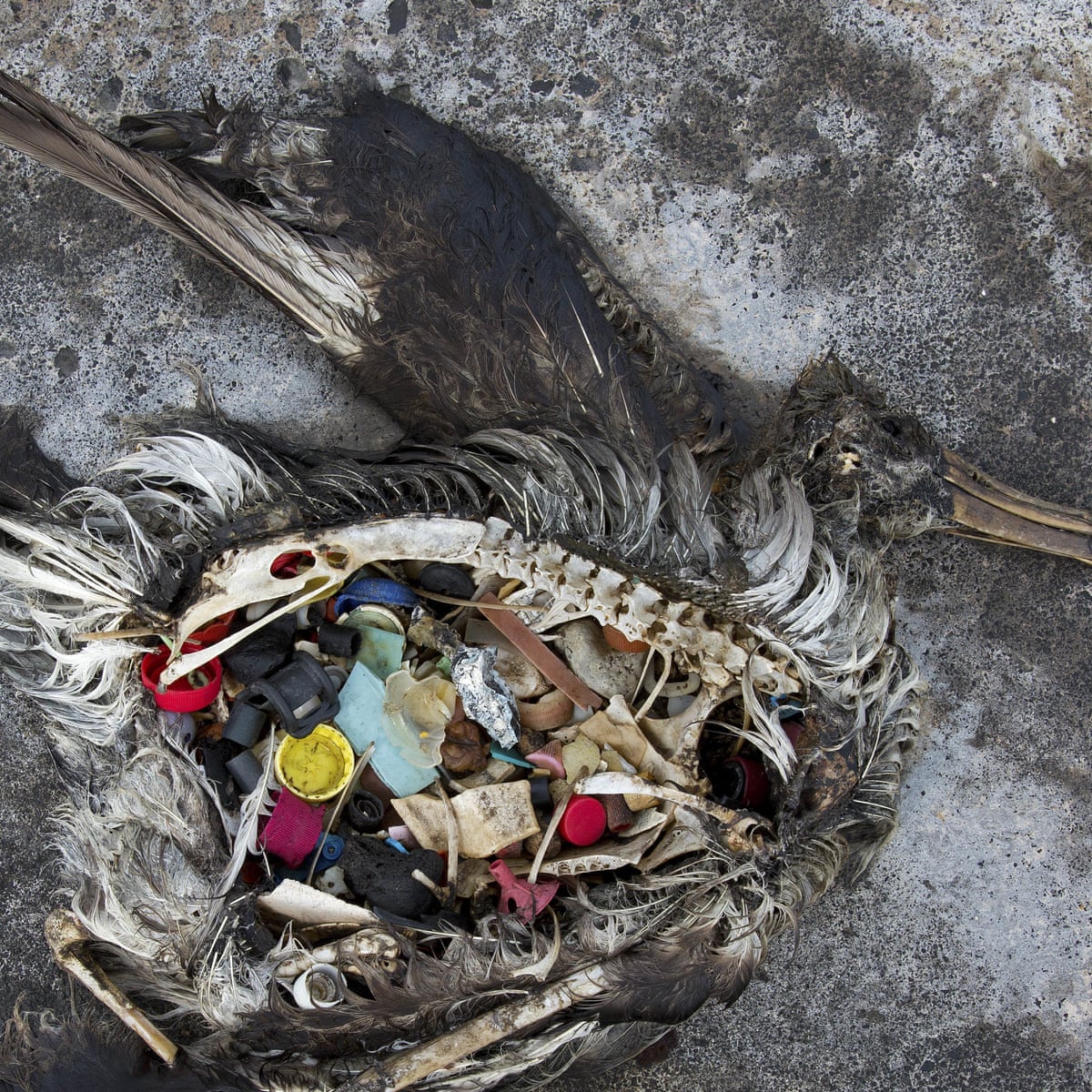
Seabirds eat floating plastic debris because it smells like food, study finds, Plastics
de
por adulto (o preço varia de acordo com o tamanho do grupo)
